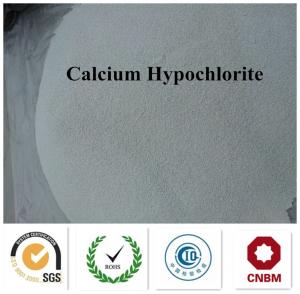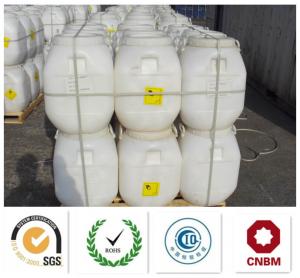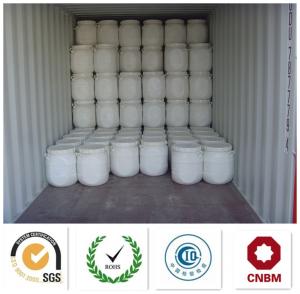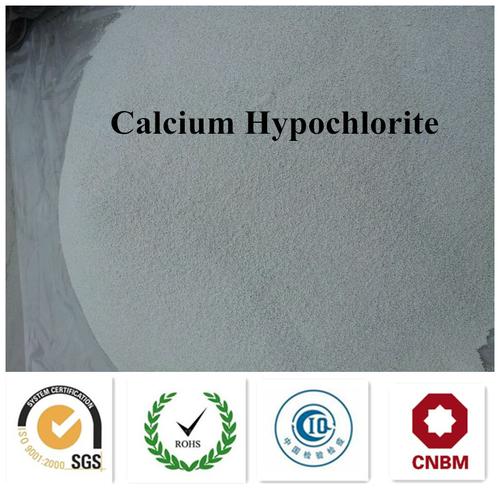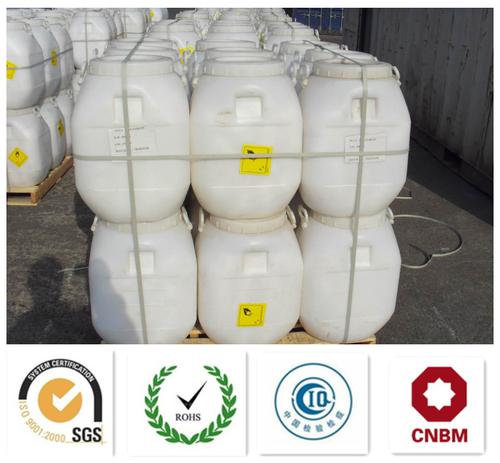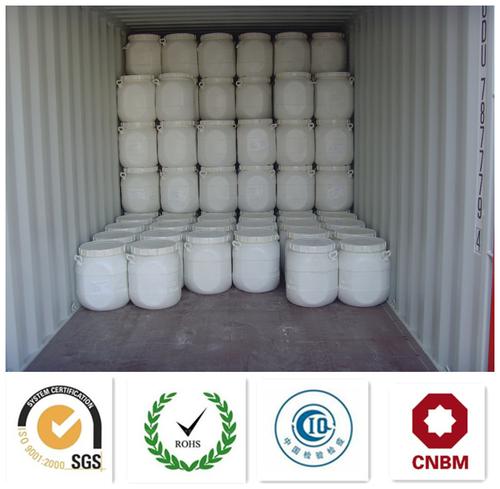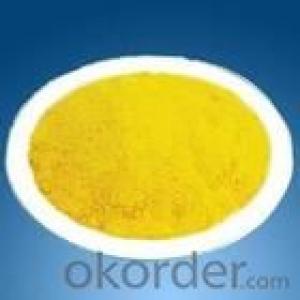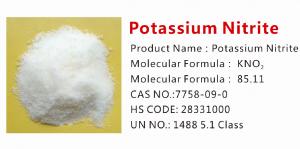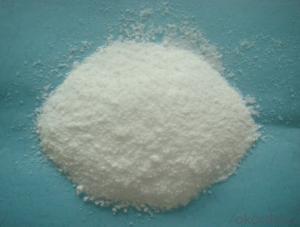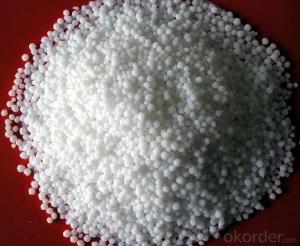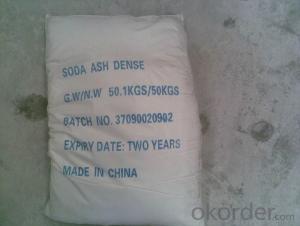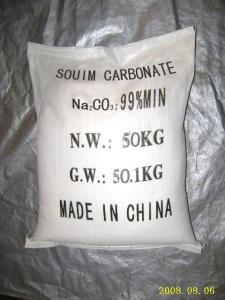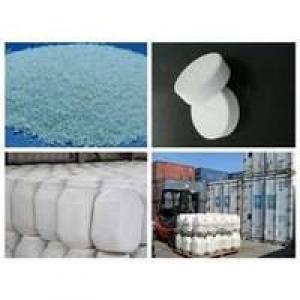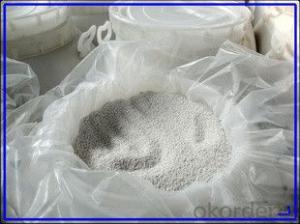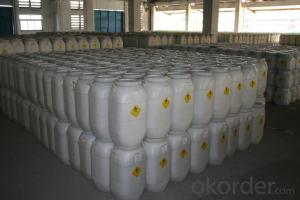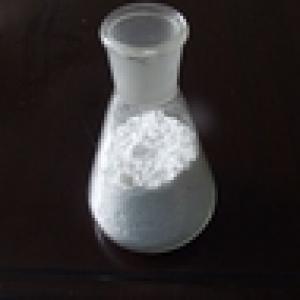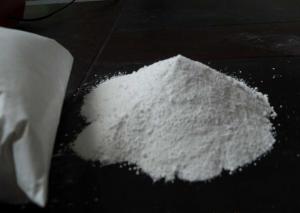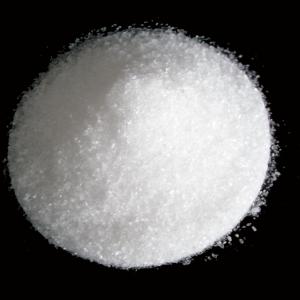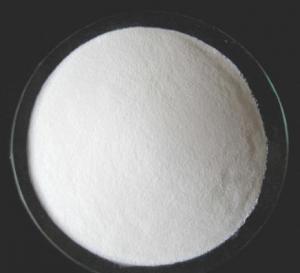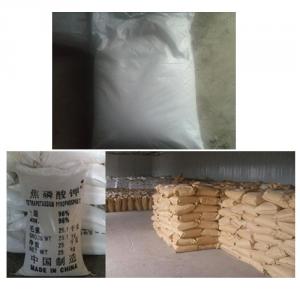Calcium Hypochlorite Granular 40
- Loading Port:
- Tianjin
- Payment Terms:
- TT OR LC
- Min Order Qty:
- -
- Supply Capability:
- 2000 m.t./month
OKorder Service Pledge
OKorder Financial Service
You Might Also Like
Calcium Hypochlorite
Introduction:
CNBM GROUP is the biggest water Treatment Factory in China. Our Product include: Calcium Hypochlorite, TCCA, SDIC, PAC, Sodium Sulphite, Sodium Thiosulfate etc.
CNBM One year can produce 18,000MT Calcium Hypochlorite with two model, one is 65% and one is 70%. More important we have 3 advantages, Firstly: High effective chlorine content Secondly: Good stability. Can be stored a long time at normal temperature with little chlorine loss; Third:Good solubility, less water-insoluble matters.
Technical Specifications:
Calcium Hypochlorite 65%
Index Name | Top Grade | First Grade |
Chlorine Content ≥ | 65% | 60% |
Moisture ≤ | 3% | 3% |
Yearly Loss of Active Chlorine | 8% | 8% |
Calcium Chloride | 9% | 10% |
Color | White or Light-grey | ----- |
Shape | Power & Granular |
|
Calcium Hypochlorite 70%
Index Name | Top Grade | First Grade | Quality Product |
Chlorine Content ≥ | 70% | 67% | 65% |
Granularity(14-50 mesh)% ≥ | 90 | 87 | 87 |
Moisture % | 5.5~10 |
|
|
Tablets Forms
Weight | 200 gram | 150gram | 100gram | 50gram | 30gram | 20gram | 15gram | 10gram |
Diameter(mm) | 76 | 70 | 50 | 42 | 30 | 30 | 30 | 30 |
Height(mm) | 25 | 21 | 26 | 27 | 22 | 16 | 12 | 8 |
Applications:
1. For bleaching purpose of wood pulp, silk, cloth and fibre.
2. Disinfection and water-treatment.
3. Disinfectant for chemical poisonous and radioactive substance.
Formula Experiment Design: (Base on 1MT Water)
Constitue Dosage
Calcium Hypochlorite 65% 100kg
Disinfection Liquid 1% Calcium Hypochlorite 65% 1.7g
Shipping Containers:
45—50kg Plastic or Steel Drums with Inner Plastic Bag.
Cautions
1. Should be stored in cool and dry warehouse away from heating sources and avoid direct sunlight.
2. In transportation, contact with such should be avoided as sunlight, heating,moisture, organics, oil and acids.
Other Information please check the MSDS.
- Q: What foods contain inorganic salts?
- Most of the food contains inorganic salts, the so-called inorganic salts, also known as minerals or ash. Minerals are naturally occurring compounds or natural elements in the crust. There are about 50 kinds of minerals in the human body, although they in the human body only 4% of body weight, but it is an essential part of the organism. Kelp, jellyfish, seaweed, moss; bones, soy products, lean meat, animal liver, brown rice and so on.
- Q: For example, sulfates can emit SO2 or SO3 gas. If this were to occur in this experiment, would the % H2O calculated from the data be too high or too low? Explain.
- the respond could marvel you.eating water is 0.5 of the equation to hydrate my physique. The human physique is already 70% water so why are you dehydrated? The cells have not got get entry to to the water that's already there. i choose macro and micro minerals(electrolytes) to end the hydration technique on the cellular point. Electrolytes are to blame for each function in the physique and are what activate a cellular to take up water and meals. maximum diets are undesirable in mineral content textile. consume a healthful weight loss application at the start. minimize the junk meals on account that too lots salt can quite dehydrate extra with the help of drawing water out of the cellular. additionally supplement. There are some good hydration products obtainable yet i admire Hydra-Blast overall performance spray. Its the quickest and least confusing thank you to hydrate on the cellular point and works great.
- Q: What is the most important inorganic salt in plant growth?
- The inorganic salts required by plants are nitrogen, phosphorus and potassium containing inorganic salts, and if any lack of plants will affect the normal growth of plants, nitrogen is a component of many important organic compounds in the body, such as protein, nucleic acid, chlorophyll , Enzymes, vitamins, alkaloids and some hormones contain nitrogen. Nitrogen is also the basis of genetic material in all organisms, the most important protein, it is often in the center of metabolic activity.Now is to limit the growth of plants and the formation of the primary Factor. It also has a significant effect on improving the quality of the product.K2 is dissolved in the plant juice, and its main function is related to the metabolism of the plant.The content of phosphorus in the plant is second only to nitrogen and potassium, Phosphorus plays an important role in plant nutrition. Almost all important organic compounds in plants contain phosphorus. Phosphorus is involved in photosynthesis, respiration, energy storage and delivery, cell division, cell enlargement and other processes in plants.
- Q: Why does inorganic salts affect chemical degradation of organic wastewater
- Industrial organic waste water is highly toxic and stable pollutants, for such waste water is difficult to use conventional physical, chemical and biological methods. This paper summarizes the main processing technologies of biodegradable organic wastewater at home and abroad, including biological treatment, chemical treatment and physical treatment and various joint treatment processes. The methods or processes of various methods or processes are described.
- Q: Does the urine and urine contain inorganic salts? Anxious
- Analysis: This question can be solved from the formation of urine. Kidney is the formation of urine organs, nephrons are the basic unit of renal structure and function, nephrons include glomerular, renal sac and renal tubules; urine formation process, including filtration, reabsorption and secretion of three processes.
- Q: The importance of water and inorganic salts to life is reflected in those aspects
- The role of inorganic salts: 1 important components of the in vivo compounds 2 to maintain life activities have an important role in 3 to maintain cell acid and alkali balance 4 to maintain normal osmotic pressure
- Q: Inorganic salt is not salty
- HNO3 (nitric acid) dilute: first bitter, and then the whole tongue Ma, and then pain, from the white spot, sustained pain, 3-4 days after the dissipated, while the mouth felt a big suction car exhaust. Is an enhanced version of concentrated sulfuric acid).
- Q: RO reverse osmosis water machine can remove impurities in the water, that the body will not be due to lack of minerals and malnutrition?
- Early society has not yet entered the era of industrial development, then the life of drinking tap water pollution, but also relatively clean, in the case of completely pollution-free, of course, stored in the water only a trace of beneficial minerals on the human body, through our daily life But now the industrial development, destruction of our water, we can not for the slightest beneficial to the human body of minerals, and to absorb a lot of harmful substances in the body it! Moreover, the minerals in the water and the water in the water, Is not the main source of human needs, we can get from the daily diet of the human body needs 99.9% of the minerals, water contains organic matter, inorganic matter is not necessarily absorbed by the human body, or even harmful is not necessarily.
- Q: Inorganic salt through what way into the human body
- The role of inorganic salts on the human body 1. Inorganic salts in the human body is extremely uneven distribution. For example, calcium and phosphorus are mostly in hard tissue such as bone and teeth, iron is concentrated in red blood cells, iodine is concentrated in the thyroid, barium is concentrated in adipose tissue, cobalt is concentrated in hematopoietic organs, and zinc is concentrated in muscle tissue. 2. Inorganic salts are important for the structure of tissues and cells
- Q: The difference between the ignition of inorganic salts and organic matter
- Inorganic salts that inorganic compounds in the salt, formerly known as minerals, the body has found more than 20 species, of which constant elements are iron, zinc, selenium, molybdenum, chromium, cobalt, iodine 8 species. If you pay attention to diet diversification, eat less animal fat, eat brown rice, corn and other coarse grains, do not eat too much refined flour, the body can make the inorganic salt to maintain the normal level.
Send your message to us
Calcium Hypochlorite Granular 40
- Loading Port:
- Tianjin
- Payment Terms:
- TT OR LC
- Min Order Qty:
- -
- Supply Capability:
- 2000 m.t./month
OKorder Service Pledge
OKorder Financial Service
Similar products
Hot products
Hot Searches
Related keywords
